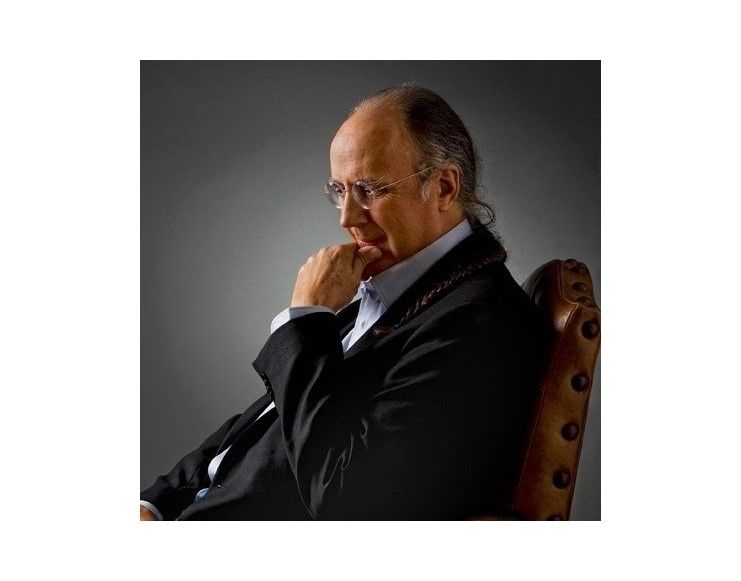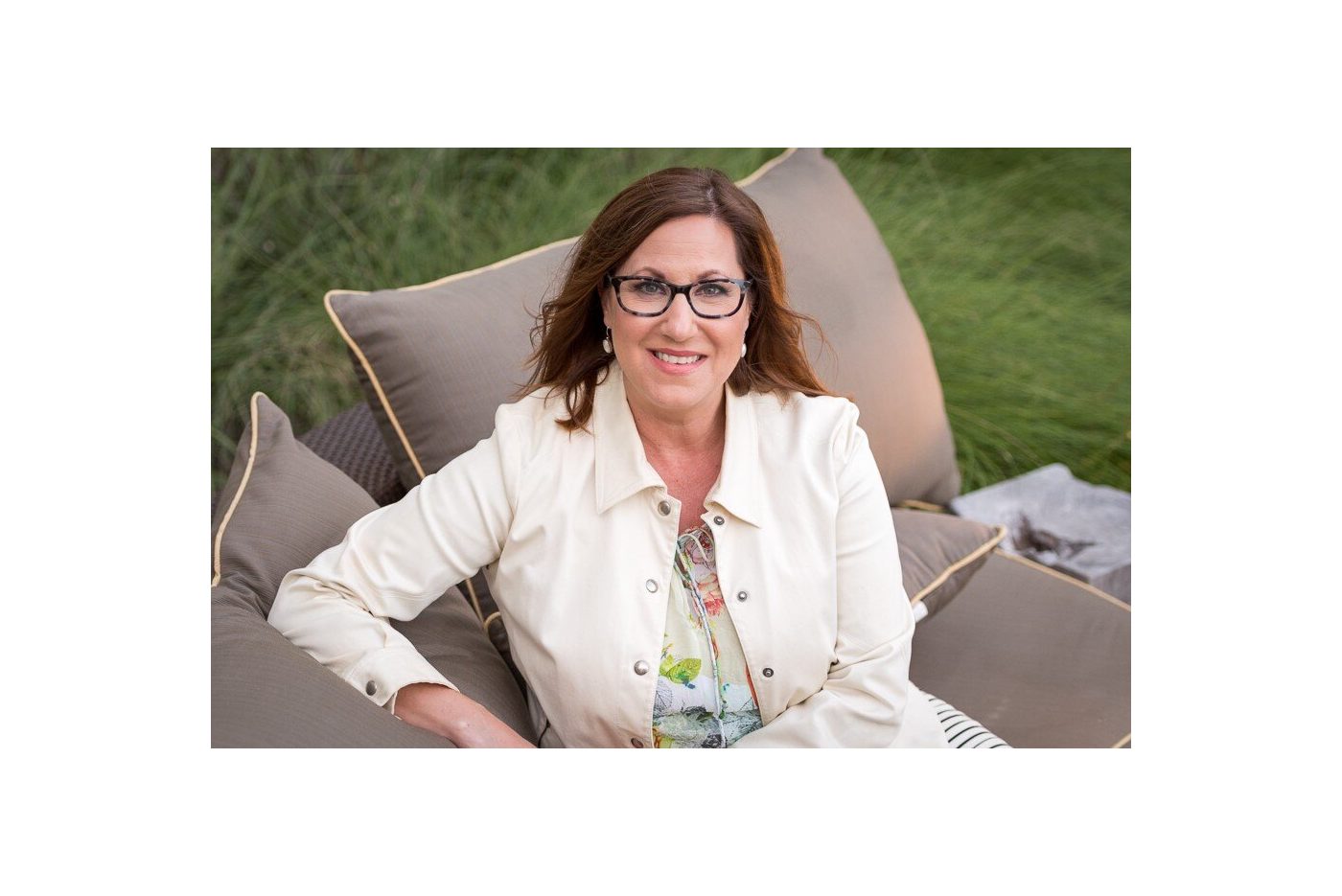Interested in starting your own entrepreneurial journey in business development but unsure what to expect? Then read up on our interview with Lanny Goodman, Consultant and Executive Coach, based in Albuquerque, NM, USA.
What's your business, and who are your customers?
Do you own your company, or does your company own you? This has been my tagline for forty-plus years. Too many entrepreneurs are prisoners in their own companies. Often working very long hours, putting a strain on family relationships, and missing events in their children's lives. The problem is this...a closely held business only exists for one reason, to provide the owner with his/her highest quality of life. That is the true mission of a closely held company. Most such companies do a lousy job of this for one simple reason...they weren't designed to do so. Every human artifact is the product of a design process. Occasionally elegant, often poor.
The fundamental principle of design is that form follows function. Suppose the entrepreneur has not defined, clarified, and focused on the process of his/her business, to create an extraordinary life. In that case, the form he or she makes is likely to fit the commonly held expectation of too many hours and too much work.
Large organizations are generally intractable. Closely held companies in the $5 to $50 million range, on the other hand, can be readily transformed. Business design is what I do, and I specialize in designing companies that are self-managing and require very little of the CEO's time and attention.

Tell us about yourself
Consulting is the third business in my career. I started my consulting business by selling personality profiling. This got me in touch with various companies and management teams. In time, my work evolved to strategic planning as it became clear to me that running a smaller company demands so much from the CEO because their planning process is either non-existent or inadequate. Increasingly, it became clear that the underlying problem was what I just expressed...even if they did have a planning process, it wasn't built around the CEO's life aspirations.
When I started working on that, I realized that the entire discipline of management was designed very intentionally to minimize employee contribution. That was smart 120 years ago when millions were coming off the boats with no skills and desperate for jobs at the height of the industrial revolution. Still, labor is no longer plentiful or cheap, so maximizing every employee's contribution is essential for the business to fulfill the owner's life aspirations.
This idea also caught the attention of Inc. Magazine, which did a feature article on my work in the January 1998 issue. They also invited me to speak at 16 Inc. national conferences, including five Inc. 500 conferences (back in the day before they became Inc. 5000 conferences.)
As I teach my clients when you get to the last hour of your life and look back over your whole life experience, what do you simply have to see to feel that your life is complete? We all have one of those last hours in front of us; by then, it's way too late to do anything about it. So now is the time to focus on making your life the best it can be. And I have built the systems and processes to create an organizational ecosystem to draw out every employee's best value. That's what gets me out of bed every morning.
What's your biggest accomplishment as a business owner?
Having made a difference in the lives of not only my clients but all their employees as well.
What's one of the hardest things that come with being a business owner?
The biggest problem in running a business is what I call "operational myopia." This is the inevitable shift in attention from strategic-level thinking to operational and tactical issues. A formal planning process is essential, even for smaller companies.
What are the top tips you'd give to anyone looking to start, run and grow a business today?
- There are more opportunities for adding and delivering value to the world than ever. What effort are you expending to become a human being able to bring a lot of value to your fellow humans?
- Focusing on making money is missing the point. Focus on finding ways to deliver VALUE to your target market. Money is an effect, not a cause.
- Go for it! And remember, we've seen "the great resignation" and the latest buzzword, "quiet quitting," which used to be called "retiring on the job." These are symptoms. From where I sit, they are symptomatic of the fact that people hate being managed. Most businesses are run on conventional wisdom. In my experience, there is no wisdom there, only convention. Remember, you pay employees for their natural intelligence, creativity, energy, and enthusiasm eight hours a day. If you are not getting those, you have created an ecosystem in which your employees are disengaged. Change that, and you'll be able to attract all the talent you need.
Where can people find you and your business?
Website: https://www.lannygoodman.com/
Facebook: https://www.facebook.com/lanny.goodman
Twitter: https://twitter.com/lannygoodman
LinkedIn: https://www.linkedin.com/in/lannygoodman/
If you like what you've read here and have your own story as a solo or small business entrepreneur that you'd like to share, then please answer these interview questions. We'd love to feature your journey on these pages.
Turn your craft into recurring revenue with Subkit. Start your subscription offering in minutes and supercharge it with growth levers. Get early access here.



